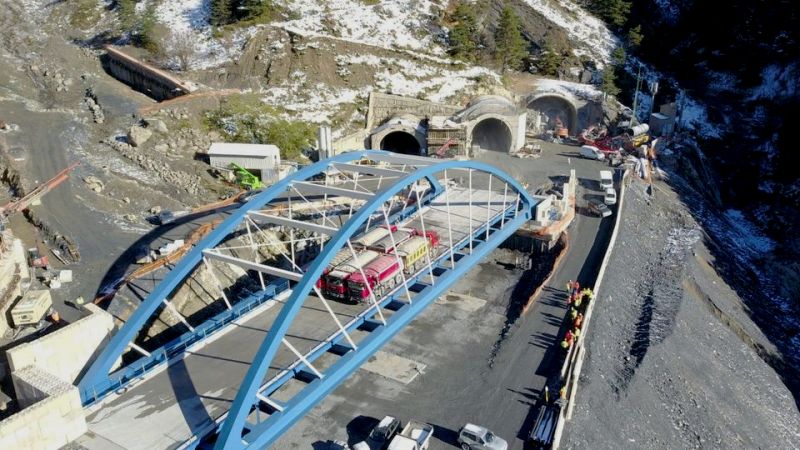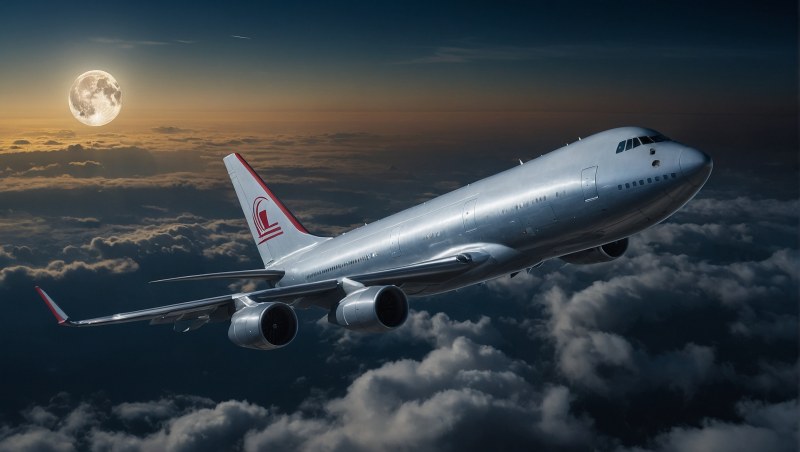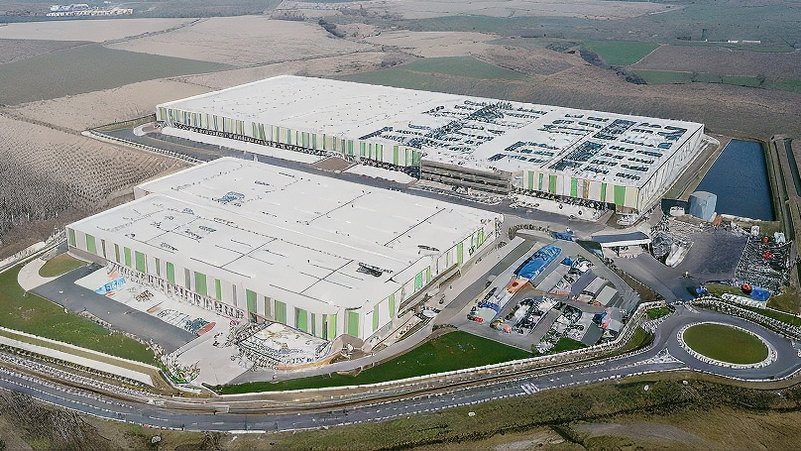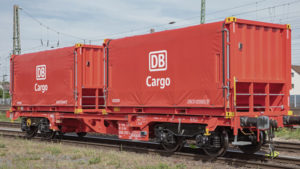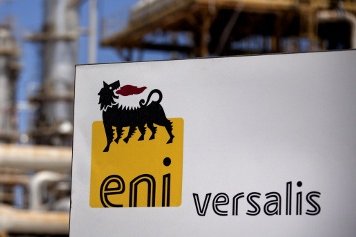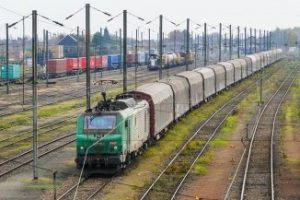Rail freight operators in Europe are facing significant challenges, including ongoing construction, delays, additional costs, and route cancellations. DB Cargo, a key player in the European rail freight market and part of Germany’s main railway company, is no exception. To tackle this difficult situation, DB Cargo's leadership has implemented a complex cost rationalization strategy.
This shift also impacts the company's Italian subsidiary, DB Cargo Italia. Specifically, the Simplon route, which includes the historic Domodossola-Beura terminal, has come under scrutiny. The situation is exacerbated not only by overall economic challenges but also by infrastructure work planned by Rete Ferroviaria Italiana (RFI), which has severely affected the attractiveness of freight services.
On the Arona-Stresa line, an intermediate section between the Milanese hub and the Simplon Tunnel, tunnels must be upgraded to meet the standards required for intermodal rail transport. As a result, RFI has scheduled significant disruptions: a complete closure during the three summer months of 2024, as well as daily interruptions from Monday to Friday between 9:00 AM and 3:00 PM and from 11:30 PM to 4:00 AM for the rest of the year. These restrictions, expected to last until at least 2027, are causing considerable losses in competitiveness for freight transport, as services are diverted to alternative routes, significantly increasing costs and lowering service quality for customers.
This situation has forced DB Cargo to make a drastic decision regarding Domodossola, despite its long-standing role as a key terminal for the Italian subsidiary of the German railways. Currently, most freight through the Simplon route involves clay shipments from Germany to the ceramic district in the Modena province. Starting in 2025, these services will be redirected to the Gotthard route to avoid the disruptions caused by ongoing construction work. This move will inevitably affect human resources, leading to the relocation of staff currently based at the Ossola terminal.
The unsustainable burdens placed on freight rail companies due to infrastructure investments across Italy, without adequate compensatory relief, have been repeatedly raised with the Ministry of Transport and RFI by both businesses and industry associations such as FerCargo and FerMerci. Rail freight is losing volumes, undoing much of the progress made during the 2010-2020 decade, which saw a roughly 20% increase in rail transport. The bitter observation from operators is that, once infrastructure works are completed and the network is enhanced and more efficient, there may be no more traffic to run on it.
Piermario Curti Sacchi



